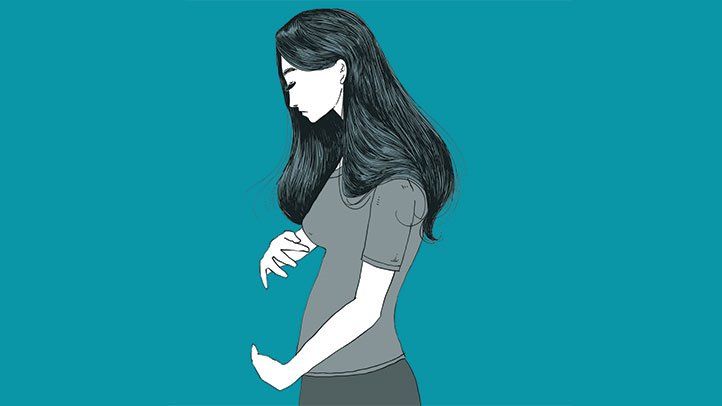
Covid-19 Vaccine Myths: Addressing Infertility and Miscarriage Claims
Topic: Covid-19 Vaccine Myths: Addressing Infertility and Miscarriage Claims
Despite mounting evidence to the contrary, some individuals are still peddling infertility and miscarriage claims in regard to the Covid-19 vaccine. Unfortunately, these claims are circulating online, leading to miscommunication and distrust. Here, we will unpack the origin of many of these claims.
The Source of the Myths
While it is true that doctors were recommending pregnant women wait to get vaccinated early on, this was out of an abundance of caution until more data was collected. However, now that data is available, and doctors are encouraging pregnant women to get vaccinated. This is especially in light of the fact that contracting Covid-19 itself is currently one of the highest risks for pregnant women.
Myth: The Vaccine Collects in the Ovaries
This Covid-19 vaccine myth originates from the misinterpretation of a study in which rats were given a high dose of the vaccine (1,333 times higher than that of humans). Merely 0.1% of the entire dose wound up in the rats’ ovaries 48 hours after the injection. The majority was found at the injection site and some in the liver. The misinterpretation stemmed from a figure in the study referring to the concentration of fat located in the ovaries. Whereas fat levels did increase after the vaccine (as the contents were distributed throughout the body), there is zero evidence it still had any of the virus’s genetic material in it.
Myth: The Vaccine Leads to Miscarriages
This myth has been traced back to certain vaccine-monitoring databases, where anyone can report symptoms or health conditions that they experienced post-vaccination. Though miscarriages were reported, the rate never exceeded the average rate of miscarriages in the population, which is 12.5%. Though unfortunate, there is no evidence that the correlation equaled causation. For it to be implicated that the vaccine causes miscarriages, a larger number of vaccinated individuals would need to report miscarriages than unvaccinated individuals.
Myth: Vaccines Compromise the Placenta
The source of this myth is a scientific researcher named Michael Yeadon, who has made other controversial statements regarding Covid-19. His claim was that the spike protein used in Pfizer and Moderna vaccines closely matched syncytin-1, a protein that helps form the placenta, and that this may contribute to the antibodies fighting against a pregnancy. However, many proteins share some similarities, and the body has yet to confuse them. In addition, a fertility doctor in the United States, Randy Morris, disproved this claim by monitoring his patients. The 143 patients he monitored, a mix of vaccinated, unvaccinated, and those who had already had the virus, showed an equal chance of a successful pregnancy.
Key Takeaway
There is no sufficient evidence to lend any credence to the claims that Covid-19 vaccines affect fertility or cause miscarriages. Instead, each myth has a specific origin, and thus far the safety and effectiveness of vaccines have been backed by multiple scientific studies.
Topic Discussed: Covid-19 Vaccine Myths: Addressing Infertility and Miscarriage Claims



